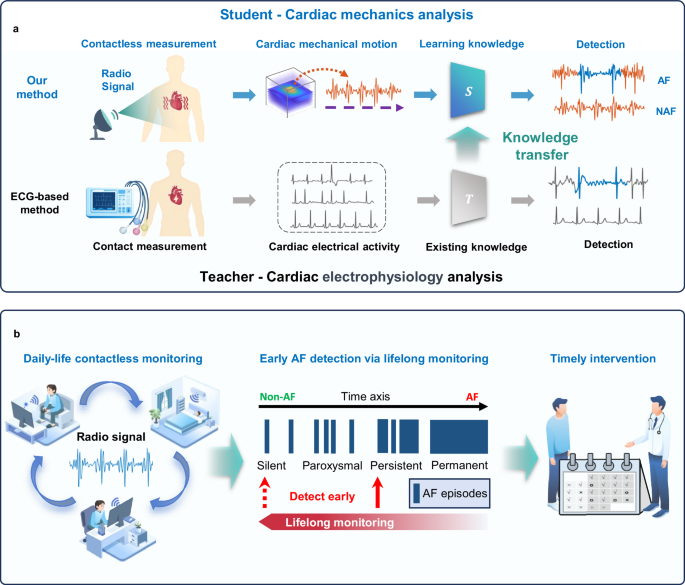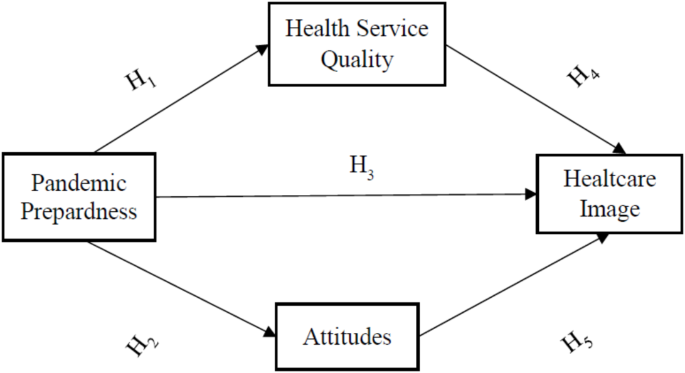Silicon Valley Used to Idolize Youth. AI Is Changing That. - Business Insider
Exclusive
For decades, Silicon Valley thrived on a mythology of youth. Tech giants and startups hired young, hungry employees who were relatively inexperienced but could work every waking hour to write code and ship product.
This era of youthful dominance in tech hiring may be fading, and it's partly due to the rise of AI. That's according to a new report from SignalFire, a venture capital firm that uses data and technology to guide its investment decisions.
In the past, young graduates were seen as hungry, moldable, and cost-effective hires. But today, new grads face the steepest employment challenges the tech industry has seen in years. SignalFire's latest State of Talent report says entry-level hiring in Big Tech is down more than 50% from prepandemic levels, and startups aren't far behind.
"Tech startups have long been synonymous with youth," said Heather Doshay, a partner and the head of talent at SignalFire. "But today, our data shows that many of those same early-career professionals are struggling to find a way in."
Startups are mostly focused on survival, cutting burn rates, and extending runway. That means fewer hands, more output, and a demand for autonomous doers. In short, they want experienced individual contributors who can hit the ground running, not entry-level hires who require more management time and training.
"With reduced head count, every hire must be high ROI," Doshay added. "Right now, that points squarely to midsenior-level individual contributors — autonomous doers who deliver against immediate company needs."
AI isn't the sole cause of this generational hiring shift, but it's a major catalyst. Asher Bantock, the head of research at SignalFire, noted that AI tools are increasingly automating the types of narrowly scoped tasks that were once assigned to junior developers.
"What's increasingly scarce is not keystrokes but discernment," he told me. Crafting effective AI prompts, debugging machine-generated code, and integrating tools at scale require architectural thinking, skills honed through years of experience, not a college degree.
Data from SignalFire's new report supports this trend:
Big Tech companies are now focusing their resources on mid- and senior-level engineers, particularly in roles related to machine learning and data science. Meanwhile, functions like recruiting, design, and product marketing are shrinking across the board, the data also indicates.
This AI-driven shift has created what SignalFire calls the "experience paradox." Companies want junior hires to come pretrained (just like those AI models!).
But young candidates often struggle to gain experience without being given a chance. It's a classic catch-22, especially in a job market where more managers say they'd rather use AI than hire a Gen Z employee. In a Hult International Business School survey, 37% of employers said as much.
Even top computer science grads from elite universities are struggling. The share of these graduates landing roles at the "Magnificent Seven" (Alphabet, Amazon, Apple, Meta, Microsoft, Nvidia, and Tesla) has plummeted by more than half since 2022, SignalFire's report says.
This isn't just an economic or technical evolution, it's a cultural one. Where Silicon Valley once idolized youth, today's market prizes proven execution. Risk tolerance has dropped across the startup ecosystem, and with venture capital funding tightening, founders are hesitant to invest in long-term potential over short-term impact.
This has opened the door for more seasoned professionals. While C-suite hiring has also slowed, companies are increasingly turning to "fractional" roles — part-time chief technology officers, chief marketing officers, and advisors — to access senior talent without inflating their burn rate, SignalFire says.
For younger professionals, the path into tech now requires more creativity and hustle than ever. Boot camps, freelancing, open-source contributions, and AI fluency are becoming critical entry points. Simply having a degree, even from a top school, is no longer enough.
For companies, the long-term risk of this shift is clear. Without reinvesting in early-career talent, the tech industry risks breaking its talent pipeline. While artificial intelligence may temporarily reduce the need for junior hires, the future may still depend on building and training the next generation of technologists.
The mythology of youth in tech isn't dead, but in 2025, it's being rewritten.












